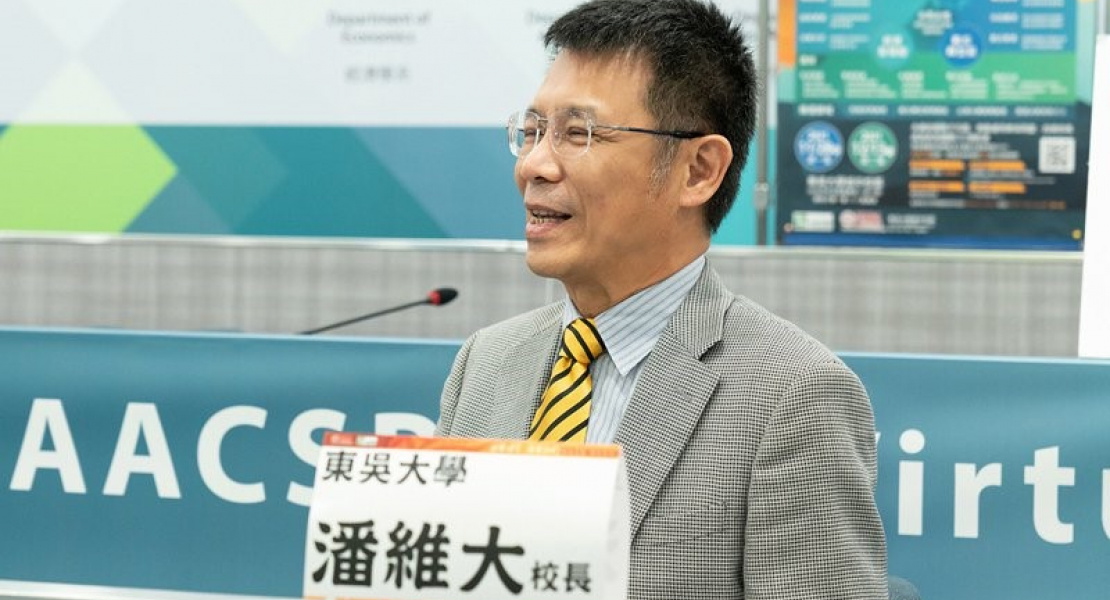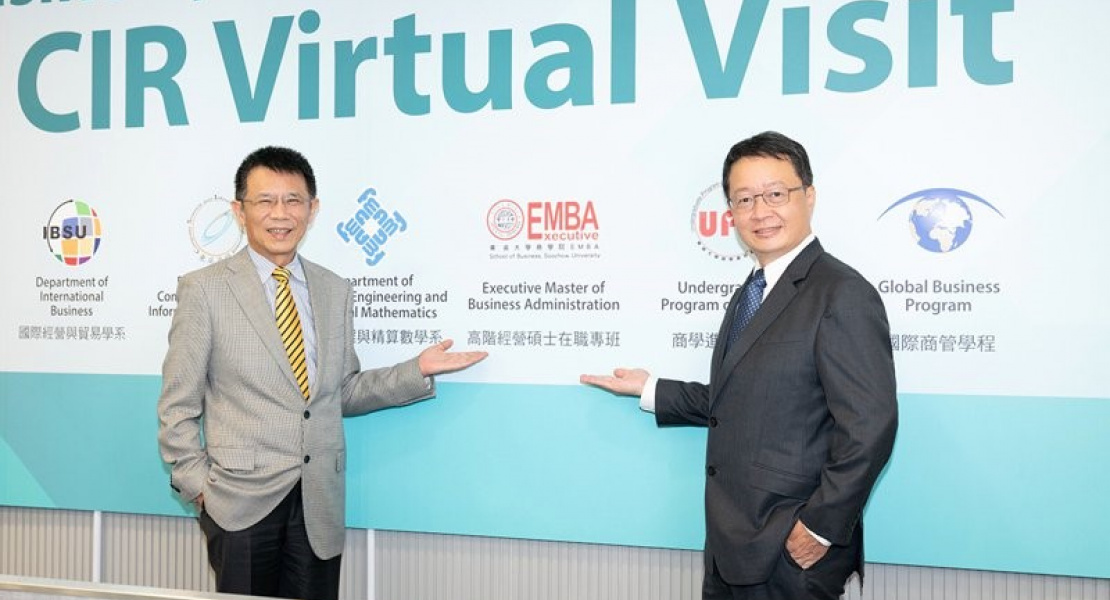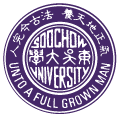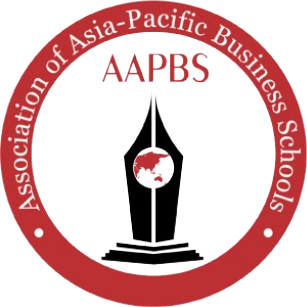The busiest period of Taiwanese fruit and vegetable markets is usually at 3 or 4 a.m. midnight when vegetable vendors often carry large bag of cash to trade. However, this can attract criminals and generate issues for public security. Although introducing night banks near the market could effectively resolve the issues, there has been no bank willing to do so. This is because the night banks could only benefit the vegetable vendors to easily deposit and withdraw money, but it couldn’t generate enough profits for the bank itself.
Later, based on the spirit of altruism, one of the banks established a night bank at any cost and discovered by doing so they could improve social security, benefit nearby residents, and also attract more vegetable vendors to transfer their assets to the bank, which accidentally increased the profits of the bank and meanwhile enhanced the overall company outlook.
ESG is the survival battle between enterprises!
Originate from a win-win concept, establish the cycling virtue of social and environmental good, and then create corporate values. “Environmental, social, and governance criteria (ESG)” is the most popular keyword for enterprises in recent years. Professor Wei-Ta Pan, President of Soochow University indicated: “To generally describe ESG, it means the internalization of external costs and the capitalization of social contributions.”
As the green economy ferments and the labor rights are valued, apart from engaging in public welfare and charity, companies must respond to the needs of sociality. In respond to the common challenges of mankind, United Nation proposed 17 Sustainable Development Goals (SDGs) in 2015. The European Union is also expecting to impose broader carbon tax. From 2023, Financial Supervisory Commission in Taiwan requires the listed companies with a capital of 2 billion NTD or more to file reports for leveraging green economy, and this regulation may be extended to all the listed companies in the future. In other words, if any company is hesitant to join the line of sustainability, it is very likely to take the risks of being eliminated. Hence, ESG is an essential issue, which can decide if the company can survive or not.
“Concept + Technology”, “Scholars + Industrial Mentors”, SCU EMBA accelerates to cultivate the ESG talents
However, ESG covers a variety of professional fields, and there is a shortage in the global supply of sustainable talents. How can Taiwan accelerate cultivating the corresponding talents to meet the current wave of enterprise transformation? In the view of this, SCU EMBA has designed ESG modules to help students clarify the concept of sustainability and apply the new technology to support ESG management.
“Entrepreneurs must understand: why do we need to follow ESG? how can we create corporate value through ESG? At the same time, the benefits derived by ESG shall be quantified, i.e. able to accurately calculate the amount of social values a company could get per 1 NTD of investment. There are a lot more technical aspects, e.g. which equipment to purchase for reducing carbon emissions? The field of ESG is diverse. “SCU EMBA is a platform to gather the best scholars and professional mentors from the industry.”, President Pan said.
To keep up with the trend of sustainability, Soochow University has also taken the lead to implement SDGs, create a green and sustainable campus, and ensure a safe and healthy environment for both faculty and students. This year, we won “2021 Taiwan Sustainability & Action Awards”.
From “Sustainability” to “Metaverse”, the rise of interdisciplinary talents!
Besides facing the ESG enterprise transformation, Taiwanese industry is also encountering the challenge of second-generation succession. SCU EMBA offers a module named as “The Challenges of Corporate Inheritance and Transformation”. The module is designed not only to assist entrepreneurs to successfully hand over their enterprises to their successors but also to cultivate the interdisciplinary talents who have the succession-related knowledge of finance, accounting and law as the solid reinforcements of the enterprises. President Pan pointed out: “Inheriting heirlooms will require a huge and professional third-party platform to support its planning. This is a new industry."
- News source:udn.com
- Reporter:Leona Lai
- Translator:Pao-Sheng Chang






